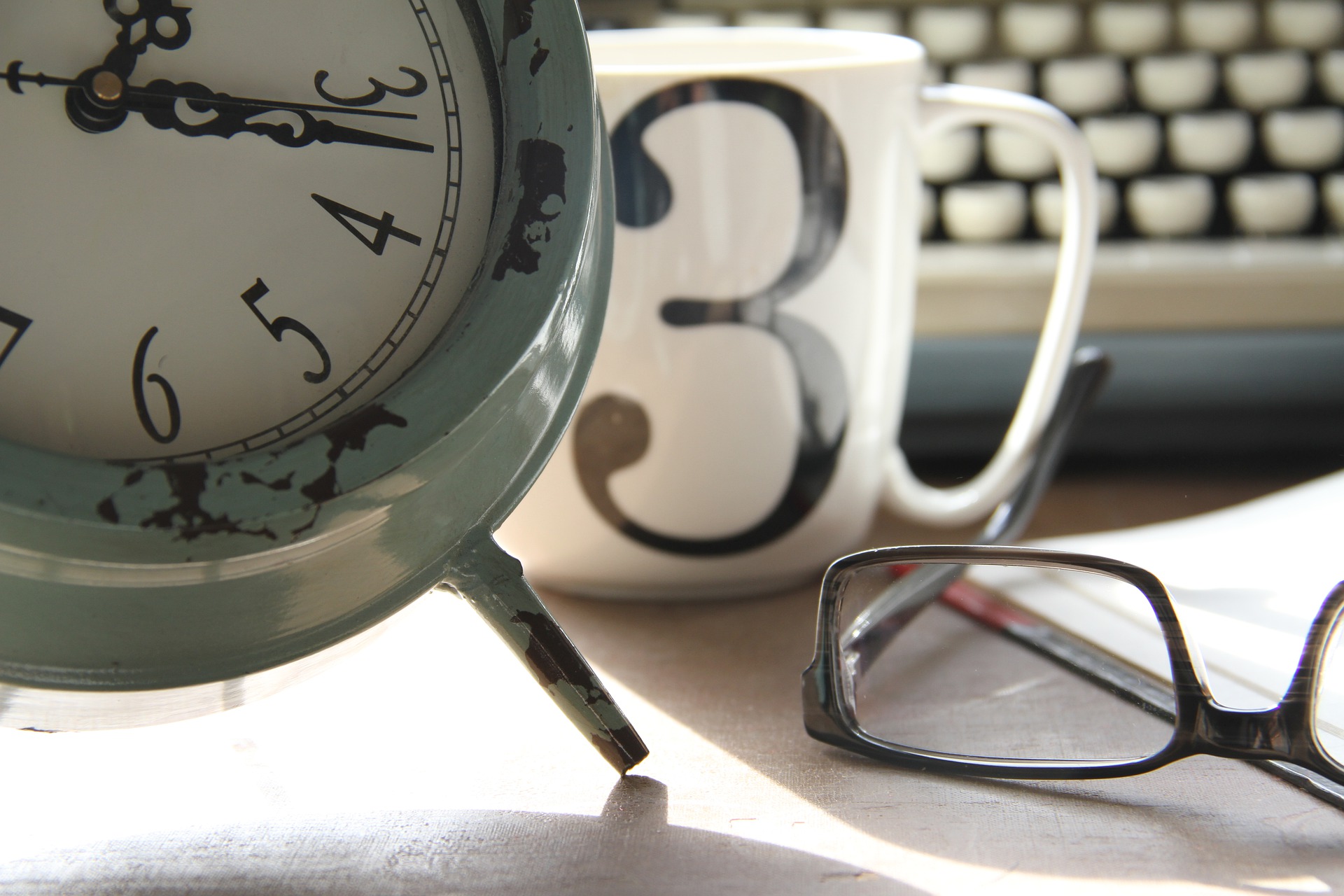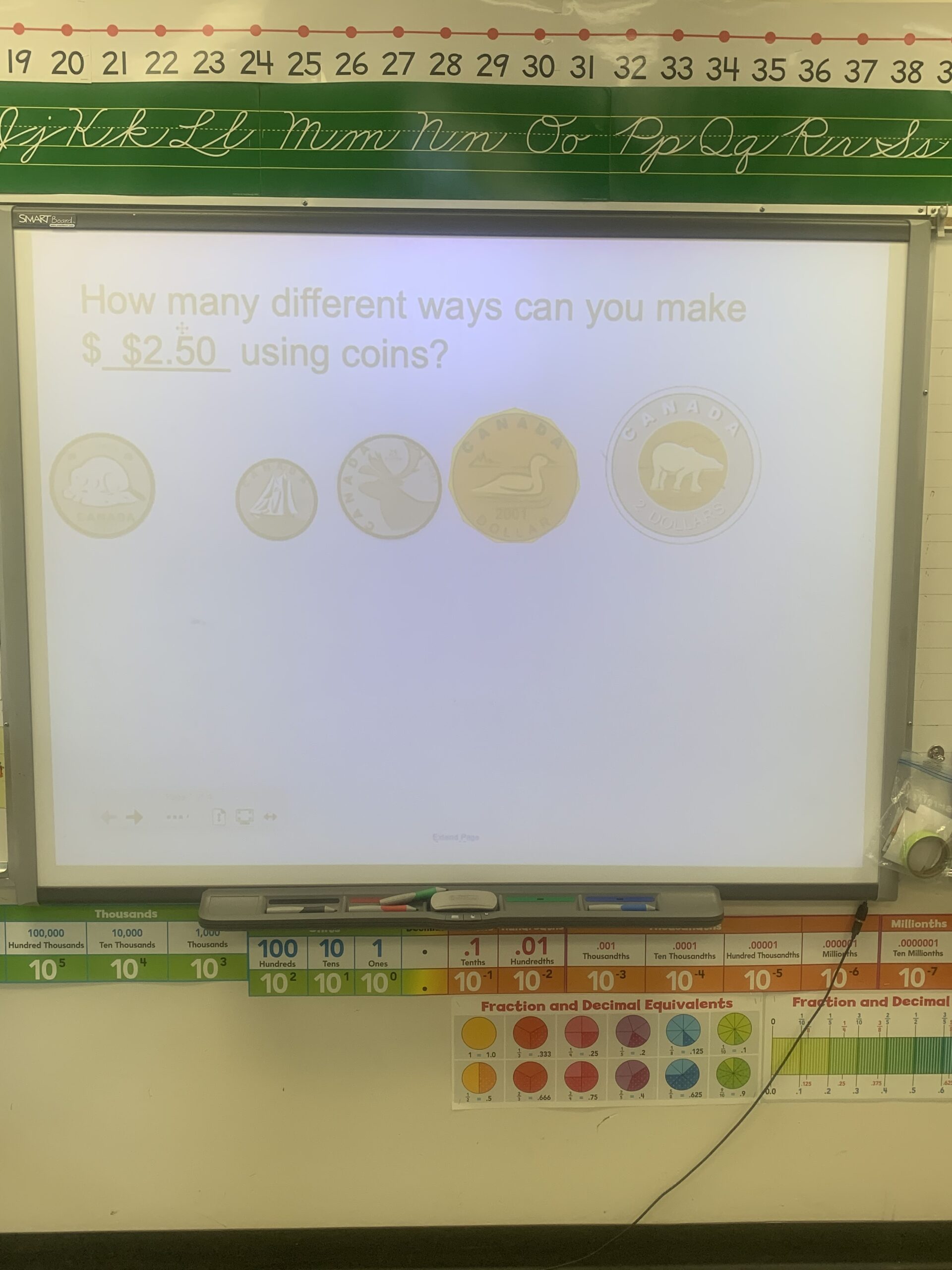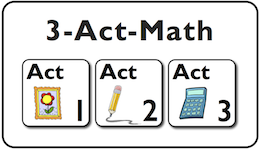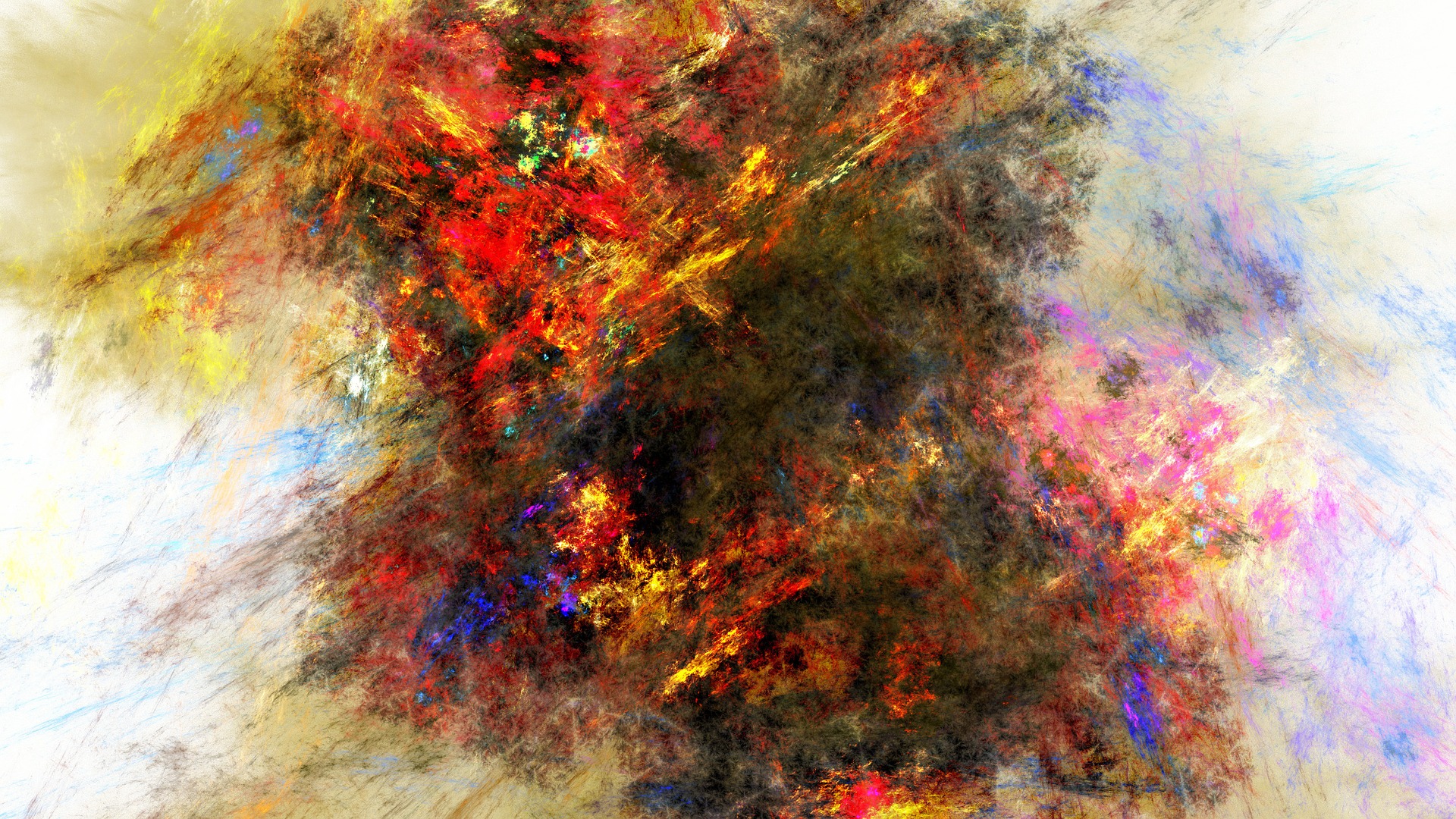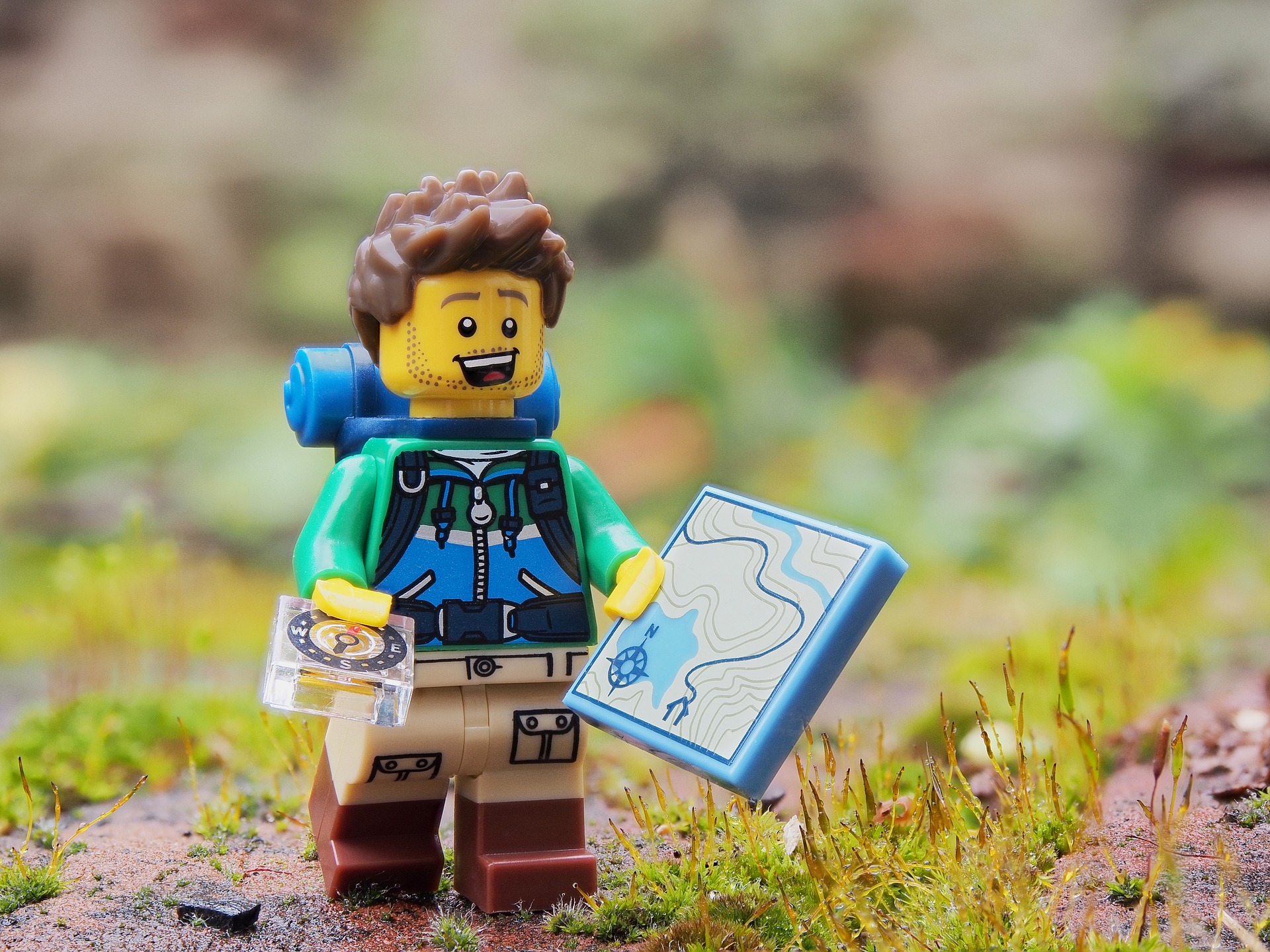https://www.maa.org/external_archive/devlin/LockhartsLament.pdf

The Mathematician’s Lament hit me hard as someone who loves music and art, I couldn’t imagine a world where a child’s only exposure to art or music was one where it was so proscribed as Lockhart suggests. I grew up as a competitive dancer and it continues to shape my outlook, reading Lockhart’s Lament I began to think of a typical dance class, and yes, we spend a lot of time at the ballet barre and in the center practicing movements and refining them getting it as close to perfection as possible, we even have a name for that Technique Class. But as dancers everything we do in technique class is balanced by combinations at the end of class building on the skills developed in the center and at the barre and by working on performance pieces which are a chance to really dance. As we grow more experienced and confident teachers give us a chance to choreograph first small sequences of 8-16 counts or a phrase then longer combinations until we build up to creating our own chorography, if I could figure out how to dance my math I would but so far, I only know how to dance trigonometry and some geometry. But at the same time dance is an exercise in patterning especially in technique class, repeating an exercise with minor variations to it over weeks, months or even years building towards fluidity of movement, precision and eventually as close to perfection as possible. As I have previously written my dance teachers for the most part have been amazing educators able to vary the pattern and extend the work as we’re ready for more.

As a student my experience of math at school was much like Lockhart described an exercise in following directions with limited artistry, problem solving or understanding. This was countered by my parents at home, building, cooking, playing games all ways, they snuck in the beauty of math. Watching my dad create hand turned wooden bowls, how he could make a cube of wood turn into a round bowl became an exercise in geometry and mathematical thinking. As well as doubling and tripling recipes so there was enough for a family gathering.
As a teacher Lockhart’s Lament is a wake-up call. Am I one of those math teachers? Am I killing my student’s joy by making it skill and drill? And the bigger question that has stuck with me through this entire course is how do I make sure that doesn’t happen? I’ve realized there is no easy answer to that, and I hope I am on the right track but who knows? The article talks about the beauty of math and how it can be an exciting and beautiful it can be. Lockhart compares math to arts in that music, visual arts, and dance, it’s finding patterns and relationships. My goal is to help students find the beauty of math and discover the joy of playing with numbers. By changing up what we’re doing and using rich tasks my students are demonstrating more engagement.

